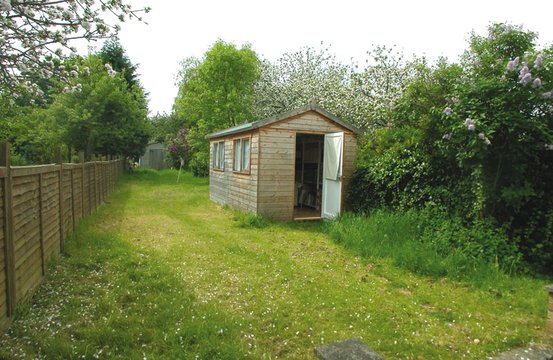Property taxation
In the UK different taxes are levied on domestic and non-domestic properties: Council Tax for domestic and Business Rates for non-domestic. Workhomes fall into a grey area.
When a workhome includes a space that is used solely for employment purposes, or has been structurally altered to accommodate an employment function, it is formally classed a 'composite hereditament' for taxation purposes. As such a combination of Council Tax and Business Rates is liable on the parts of the building that are used for domestic and non-domestic purposes respectively. In principle this seems straightforward; the same system works well in Japan. However in the UK, the different way these two taxes are calculated causes problems.
Council Tax is charged, according to the value of the property, in eight Bands. Business rates, on the other hand, are charged according to a rateable value, based on the annual rent for a building or part of a building if it was available to let on the open market at a fixed valuation date.
The underlying principle is that Council Tax is no longer due on any area of a workhome that is liable for Business Rates. However if the reduction in Council Tax does not result in the property moving to a lower Council Tax Band, then Business Rates are simply charged on top of the existing Council Tax.
An unjust system?
Many home-based workers consider this to be unjust. The system, conceived around a separation between dwelling and workplace, is economically punitive to home-based workers, many of whom consider they are charged twice for their local services and get nothing in addition for the Business Rates they pay.
The effect of this is to drive otherwise law-abiding citizens underground. A high proportion of home-based workers, in diverse occupations across the social spectrum, operate 'inconspicuously' as a result of what they consider to be a punitive taxation policy.
Possible solutions
There are a number of possible solutions to this. The Japanese model is one. Another is to charge according to dominant function, ie: Council Tax for 'home-dominated' workhomes, Business Rates for 'work-dominated' workhomes and a combination of the two taxes for 'equal-status' workhomes. A further possibility is to implement a sliding scale for when Business Rates should be applied, that exempts the smallest businesses.
What is clear, however, is that until this policy [and the associated policy on Capital Gains Tax] is amended most UK home-based workers will continue to operate 'under the radar'.







